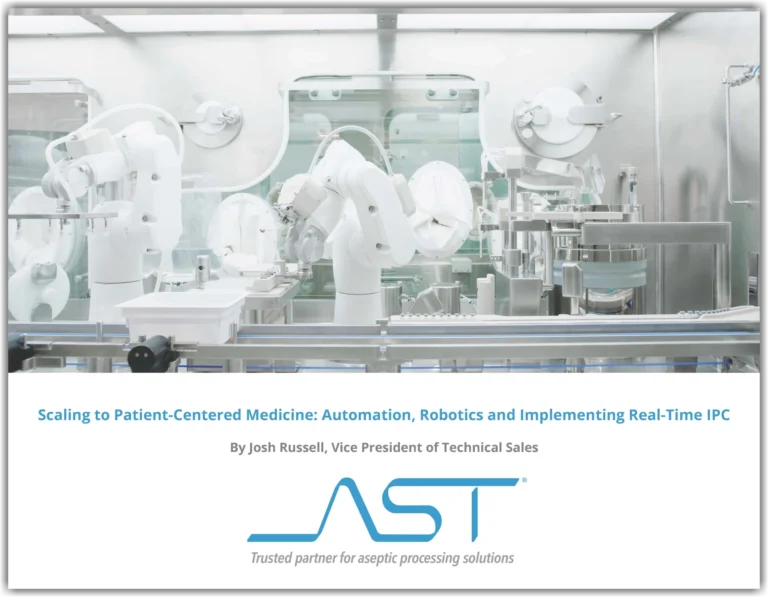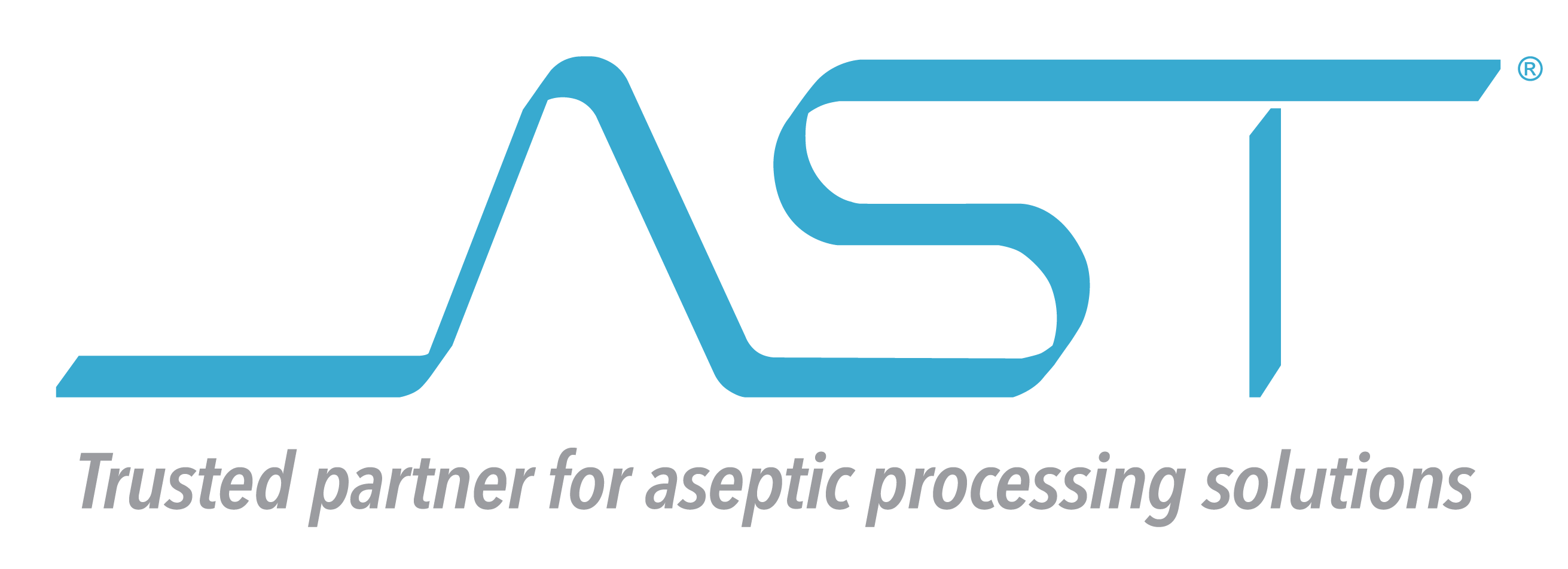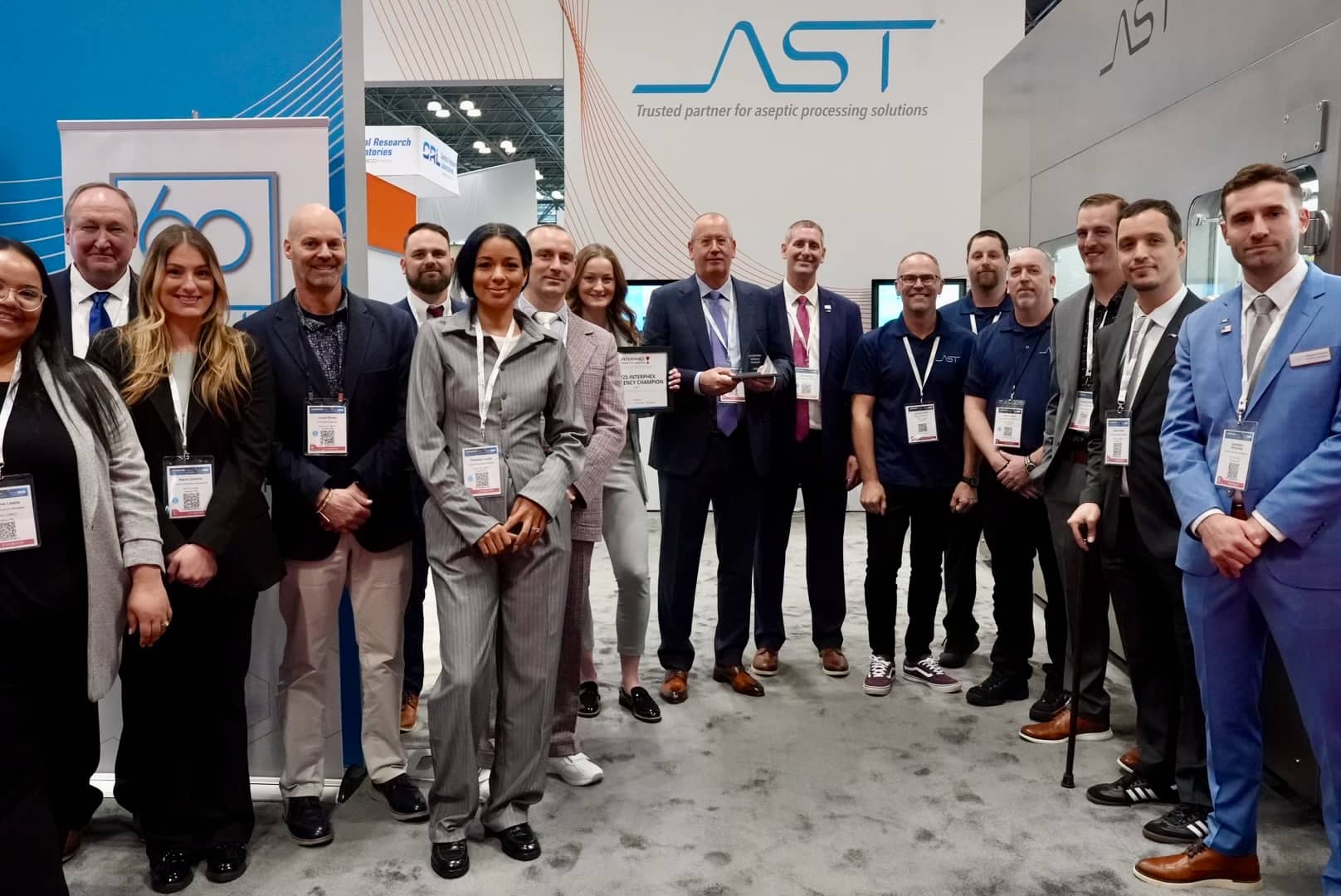Augmented IPC
Download Your White Paper
Learn about the various approaches to in-process weight checks and best practices for implementing validated, rapid solutions to meet today’s drug development demands.

Get the latest industry insight on:
Different approaches to IPC and their applications
Time-to-market solutions for high-value parenteral drug products
Executing 100 percent IPC at no compromise to machine speed
Designing your fill-finish system for non-destructive IPC
Author
Josh Russell, VP of Technical Sales
Josh has been leading the design and implementation of new, innovative technologies within the life sciences for over 20 years and has a passion for developing solutions that support and drive breakthroughs in patient-centered medicine. His extensive experience includes spearheading the design and development of adaptive robotic systems for aseptic processing, now widely used throughout the pharmaceutical manufacturing industry.

See AST's Approach to IPC in Action
From the lab to GMP production, AST leverages zero-waste technology for in-process weight checks across all our aseptic processing solutions.
Explore AST's Fill-Finish Solutions
AST offers fully integrated, turnkey solutions for every stage of the drug product lifecycle.
In the Know
Frequently Asked Questions
ATMPs like cell and gene therapies are highly fragile and require the most efficient aseptic fill-finish process possible. Batch sizes are typically very small, high-value, and require end-to-end product stewardship. Additionally, these advanced therapies must be produced and finished quickly due to a short viability window.
In-process weight checks are a crucial aspect of the filling process, ideally monitoring and ensuring that containers are filled accurately and that dispensing technologies are performing within specification. In-line IPC performs these checks with a delay to processing time if filling does not occur on the weigh cell. Offline IPC samples containers off the line to check quality, with varying delays to throughput depending on the sample rate. Additionally, weight checks can be destructive or non-destructive.
Destructive IPC refers to an approach that wastes or dispels a certain amount of product in order to ensure accuracy. This waste typically occurs in the pump priming and calibration process. Non-destructive IPC refers to a process that carries out the full weight check process, including pump preparations, with no waste to the product.
The goal of a zero-waste approach is to ensure that every available drop of drug product goes towards its intended use as treatment for patients in need. In order for that goal to be realized, all aspects of fluid and container handling must be optimized, including pump priming and calibration, in-process weight checks, multi-point reject handling, and product-protecting approaches to planned and unplanned interventions.
More than ever, advancements in overall efficiency and process-improving technologies are needed to support accelerated product development and commercialization. All aspects of a fill-finish operation should be designed with regulatory robust technologies that scale the full drug product lifecycle. Scalable IPC solutions and protocols save crucial time in training, re-validation and technology transfer.

